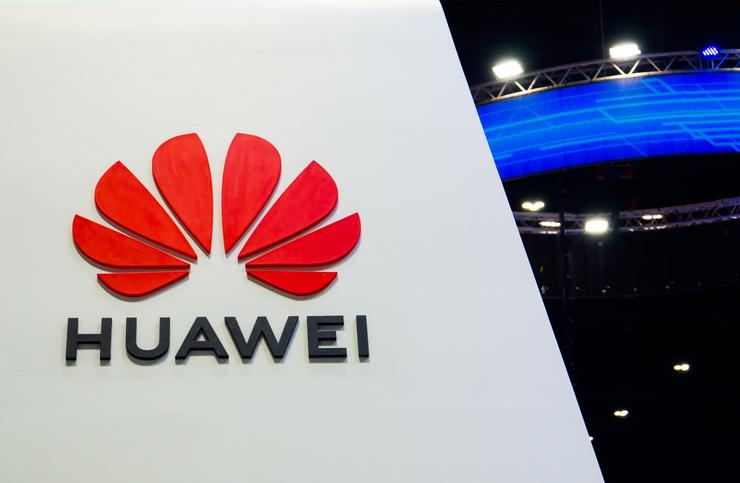
The National Broadband Network (NBN) is a “catastrophe” that has “failed to deliver on its promise” according to Huawei Australia’s chief technology officer.
David Soldani delivered his scathing attack at a 5G conference in Sydney this morning, where he told delegates that high-speed broadband for all Australians “is just not going to happen”.
“As the completion of the National Broadband Network comes into view it’s time to face a very simple fact: The NBN project has failed and Australians needs to stop expecting NBN Co to deliver high-speed broadband to all Australians – it is just not going to happen,” Soldani said.
The executive criticised the Federal Government, the major political parties, NBN Co and Telstra for their role in the “failed” roll out.
“Australia has somehow managed to invest $51 billion on a network that can’t even deliver 50Mbps to around one million of its fixed-broadband end-user premises,” Soldani said.
Despite the huge cost, many end users are getting “worse speeds than many were getting on old ADSL services” Soldani said.
The “most extraordinary part of the NBN Co fixed wireless debacle” was the lack of scrutiny of the sole vendor responsible, Soldani said.
Stop pretending
NBN Co in June revealed it wanted Australia’s spectrum regulator to leave open the option of the government-owned company acquiring licences for so-called mmWave frequencies – which power 5G – to help combat the capacity squeeze of its fixed wireless service.
The company has waged an ongoing battle with the capacity constraints of its fixed wireless service. An $800 million initiative to boost capacity on the service led to the company revising the expected cost of the NBN rollout.
“Indeed, rather than the Federal Government ask serious questions about how they may be culpable for what has gone wrong with NBN fixed wireless they have actually delivered them an even bigger role in delivering our crucial 5G infrastructure by excluding Huawei from the 5G market,” Soldani said.
“Firstly, let’s stop pretending that NBN Co can do this whole thing by itself – we now know that it can’t. There is simply no more money in the pot. That’s it,” he added.
New models are needed to deliver 5G fixed wireless services to areas without the NBN, and without NBN Co, Soldani continued.
“We know that in these outer-suburban and regional areas that the mobile operators have plenty of spare spectrum available because there is very low population densities in those areas. So, using the hugely successful mobile blackspot program as a template why not encourage the mobile network operators to extend their regional networks and use that available spectrum to deliver 5G fixed wireless services to consumers?” he asked.
Soldani added that it made little sense to allow NBN Co to move forward with 5G fixed wireless services given the network’s “problematic pricing model”.
Ban “makes no sense”
Soldani argued that given the bigger role 5G fixed wireless services would play in delivering universal broadband, the government “should finally allow Australians access to the best 5G technology available”, that is, Huawei’s.
Huawei revealed in August that it had been informed by the federal government that it would not be permitted to supply 5G equipment to Australian telecommunications carriers following advice from national security agencies.
In a speech in October, the head of the Australian Signals Directorate, Mike Burgess, said the decision to stop telcos from using “high-risk vendors” to source equipment for their 5G rollouts was “not taken lightly” and followed an “extensive review of the national security risks to 5G networks”.
Local mobile network carriers have been left to choose between Nokia and Ericsson in order to roll out the next-generation cellular technology. Telstra has a long-standing partnership with Ericsson. Optus, which has used some Huawei gear in its 4G network, has opted for a multi-vendor approach.
“It makes no sense for Australia to continue to exclude the world’s leading 5G technology provider from the marketplace,” Soldani said.
Soldani pointed to Huawei’s technology being used for 5G launches by EE in the UK and Vodafone in Spain.
EE in May said its 5G network would rely on Hauwei equipment, although it was removing Huawei networking equipment from its core network.
The UK government is considering a partial ban of the company, under pressure from the US government where agencies and companies are banned from purchasing equipment and services from it.
Both EE and Vodafone have both pulled a Huawei smartphone from 5G launch line-ups, chiefly over uncertainty about support by Google’s Android.
“The technology is already there to solve the challenges Australia is facing – there is no doubt about that – what we need now is for that technology to be allowed to do what it was designed to do and for our leaders to recognise that we need to adopt a different approach with regard to delivering universal high-speed broadband,” Soldani said.
Join the CIO Australia group on LinkedIn. The group is open to CIOs, IT Directors, COOs, CTOs and senior IT managers.
